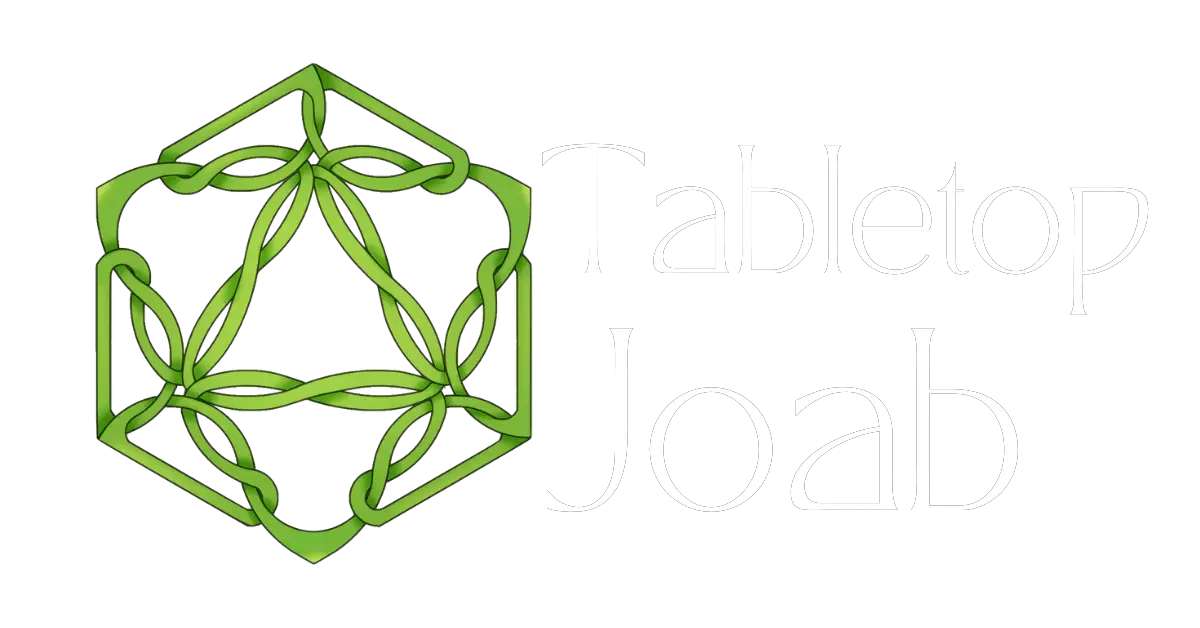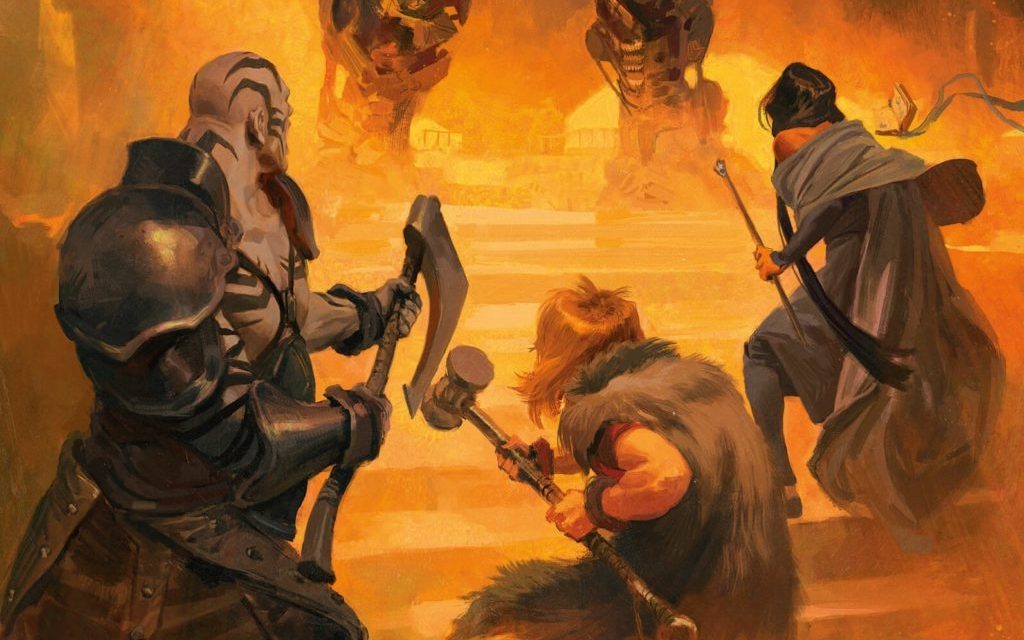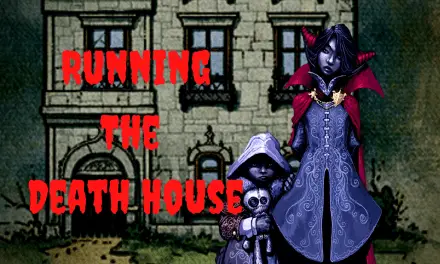One of the biggest mechanics in D&D 5e is Advantage and Disadvantage.
Advantage and Disadvantage can be applied to any ability check, saving throw, or attack roll. Pretty much anything involving rolling a D20.
When rolling with Advantage, the player rolls two D20. Whichever rolls the highest counts as their roll!
But when rolling with Disadvantage, the player takes the lower of the two rolls.
You’re probably going to see a fair bit of Advantage and Disadvantage in our game, so let’s take a closer look into today’s featured article!
How Are Advantage and Disadvantage Granted in D&D 5e?
There are many ways that Advantage and Disadvantage are granted, but it typically comes down to one of seven reasons. Unless it is specifically granted by a game mechanic, it comes down to your DM’s discretion.
Abilities
Some class abilities may grant either Advantage or Disadvantage.
The greatest example of this is the Barbarian class. When Raging, the Barbarian gets advantage on all of their Strength ability checks and Strength saving throws.
When the Barbarian uses their Reckless Attack ability, they gain advantage on their attack rolls for the turn. However, their enemies now have advantage when attacking them.
Effects
Spell effects may grant Advantage or Disadvantage from time to time.
Spells like Guiding Bolt or Faerie Fire, for example, illuminate their targets and grant advantage on attacks against them for the spell’s duration.
Similarly, a spell like Bestow Curse may be used to give a creature disadvantage on its attack rolls against the caster.
This is what makes spells like Greater Invisibility so useful. When invisible, enemies have disadvantage on attacks against you and you get advantage on attacks against them!
Conditions
Certain conditions may grant Advantage or Disadvantage as well.
For example, a character that is blinded makes its attacks at disadvantage while attacks against it are at advantage.
Poison effects are common in D&D 5e and inflict disadvantage on the poisoned creature’s attack rolls and ability checks.
Prone Creatures
A creature that is prone has disadvantage on attack rolls unless it stands up.
Meanwhile, attacks from creatures within 5 feet of the prone creature are made at advantage. Ranged attacks, however, are made at disadvantage against the prone creature.
Help Action
We discussed the Help action in more detail in our article about Actions & Combat in D&D 5e.
The Help action is an often-underused mechanic that gives the ally that you’re helping advantage on their roll.
In combat, this represents the character that is using the Help action distracting the enemy and therefore giving Advantage to their adjacent ally.
Out of combat, this gives advantage to a character for ability checks. The party’s Fighter may be trying to move a heavy stone slab. By using the Help action, they would now make their strength check with Advantage.
Inspiration
Players receive Inspiration tokens for good roleplaying, quick thinking, or anything else that adds something exciting to the game. These tokens can be used to gain advantage on an attack roll, saving throw, or ability check.
Optionally, your group may have a homebrew rule that allows Inspiration tokens to be used to inflict disadvantage on an enemy’s attack roll, saving throw, or ability check.
DM Discretion
There are many situations in which Advantage and Disadvantage can be granted. At the end of the day, it falls down to what the Dungeon Master says.
Trying to persuade someone with whom you have a good rapport may give you advantage on the roll.
Things like wielding an oversized weapon, trying to swim in plate armor, or persuade someone who really doesn’t like you are similar situations in which Disadvantage would likely apply.
Advantage and Disadvantage Offset Each Other
So what if you have both Advantage and Disadvantage?
For example, the Barbarian is poisoned by an enemy creature but is using his Reckless Attack ability. This means that he has disadvantage on the attack because of the poison, but gains advantage because of his Reckless Attack.
In this situation, the Advantage and Disadvantage cancel each other out and the Barbarian rolls a single d20 for his attack.
Offsetting disadvantage like this is one of the uses that we discuss in our article defending the True Strike spell!
Advantage and Disadvantage Do Not Stack
However, Advantage and Disadvantage do not stack.
Using our previous example, the poisoned Barbarian attacks recklessly to offset the disadvantage from the poison. But what if the creature had previously been lit up by a Guiding Bolt spell?
In this instance, the Barbarian gets advantage from his Reckless Attack and from the Guiding Bolt spell. He gets disadvantage from the poison.
As the Disadvantage is offset by one of the other Advantage conditions, one might think that he now gets to roll with advantage.
Unfortunately, he does not. Whether it’s one or more cases of Advantage or Disadvantage being granted, these do not stack.
Similarly, if the Barbarian was not poisoned, he would not roll 3 d20 for his attacks because of Guiding Bolt and Reckless Attack.
In very few situations will your character ever roll a third d20 for an attack.
How Does the Lucky Feat Work With Advantage and Disadvantage?
Things can get a little messy if a character has taken the Lucky feat, though.
A character with this feat can use a Luck point to roll an additional die for an attack roll, ability check, or saving throw. They would then choose which roll is used.
Since this doesn’t count as either Advantage or Disadvantage, this can be used on top of such a situation. This means that there is now a third d20 to choose from.
If an enemy has advantage against a Lucky character, they can use a Luck point in the same way except for the enemy’s roll. By rolling an additional d20 for the creature and choosing the lowest result, a Lucky character can weasel their way out of a potentially very bad situation.
If that’s not good luck, then I don’t know what is!
Conclusion
The Advantage and Disadvantage mechanic in D&D 5e is great for keeping games moving with a simple system.
The Dungeon Master should understand the types of situations in which Advantage or Disadvantage are warranted. Why shouldn’t a character who has dedicated their life to the study of the Feywild not get Advantage on a History check to potentially recognize the name of a famous Archfey?
Advantage and Disadvantage should be granted in ways that make sense (both mechanically and otherwise) and that add that extra bit of excitement or tension to the game!









